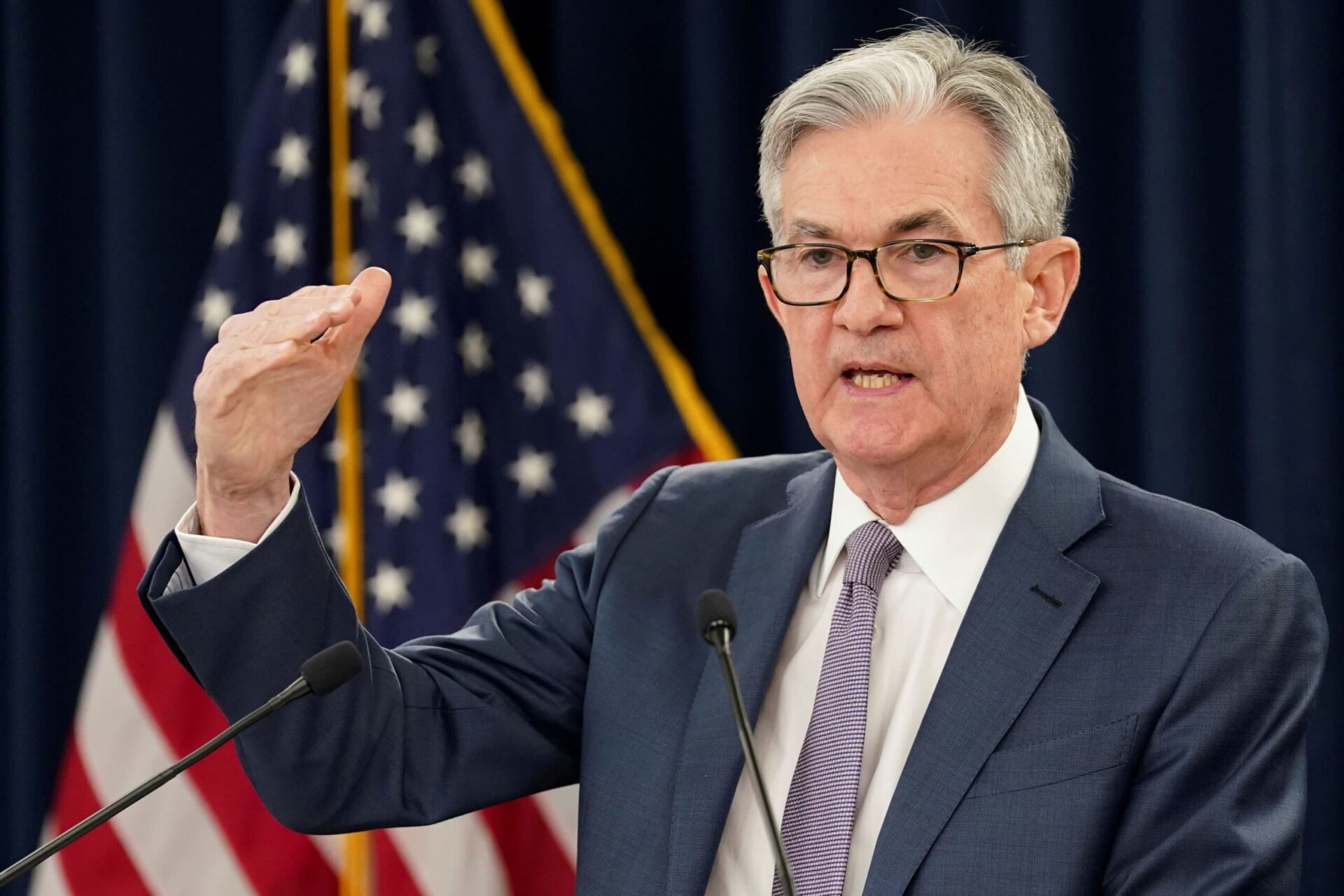After weeks of waiting, President Biden announced Monday he is renominating Federal Reserve Chairman Jerome H. Powell to another four-year term. Now analysts are asking what impact another Powell term will mean to mortgage rates and the housing market.
The move has been characterized as a return to the status quo in which the Fed chairman is reappointed regardless of their political identity, a tradition former President Trump bucked when he appointed Powell.
The Fed chairman question has been on many industry watchers’ minds in the last two weeks. Much was made of Biden’s sit down with Fed Governor Lael Brainard, seen as the most likely candidate if Biden chose to make a change. Brainard has instead been nominated as Vice Chairman.
In announcing his decision, Biden emphasized boosting the economy moving forward, saying, “we can’t just return to where we were before the pandemic, we need to build our economy back better, and I’m confident that Chair Powell and Dr. Brainard’s focus on keeping inflation low, prices stable, and delivering full employment will make our economy stronger than ever before.”
Mortgage industry pros have largely voiced support for Powell’s nomination. Low-interest rates propelled the white-hot housing market frenzy that continues today.
“I would expect a lower-for-longer interest rate expectation to be bullish for home prices since mortgage rates would remain well below historical levels,” Mike Bailey, director of research at FBB Capital Partners, said of the nomination in a Bloomberg article.
Mortgage Bankers Association President Bob Broeksmit said the trade group has met with Powell and considers him “engaging, thoughtful, and measured in his approach to the mortgage markets,” according to an article by HousingWire.
Greg McBride, chief financial analyst for Bankrate, said he expects rates for everything from credit cards to small business loans to move higher as the Fed raises interest rates, and recommended homeowners refinance while they’re still low.
“As we move into 2022, pay down that high-cost debt, because when we get to the back half of the year, that cost of debt is likely to increase even more once the Fed starts to raise interest rates,” he said, according to the Bloomberg article.
Some analysts see the move as maintaining consistency during a time of economic unease.
“The president made a strong statement about the importance of continuity and not injecting additional uncertainty when there is already a lot of it around,” said Jason Furman, a Harvard professor and former top economic adviser to President Barack Obama with close ties to the Biden White House. “He believes in institutions and likes the idea of there being at least one corner left in Washington that is not incredibly politicized.”
“It’s easier to stick than twist,” said Michael Shaoul, CEO of Marketfield Asset Management, in an article published by Barron’s. “I don’t think the market will jump for joy—it’s what is expected—but there is a sense of relief if you don’t have to deal with change.”
But others say Powell’s decisions during the pandemic led to the inflation crisis of today.
Former Treasury Secretary Larry Summers has been outspoken in his displeasure of the path the Fed has taken to stabilize the economy during the pandemic.
“We are printing money, we are creating government bonds, we are borrowing on unprecedented scales,” Summers said earlier this year.
“Those are things that surely create more of a risk of a sharp dollar decline than we had before. And sharp dollar declines are much more likely to translate themselves into inflation than they were historically.”
“Powell bears responsibility for part of today’s inflation. And he’s employing a dangerous gimmick to try to avoid the consequences of his massive money printing this year that won’t have a happy ending,” said former Republican candidate for president Steve Forbes.
“Moreover, Powell doesn’t know how to fight monetary inflation without slowing the economy. Nor does he appreciate the crucial importance of a stable dollar. Turbulent times are ahead.”
Congress is not obligated to vote in line with Biden’s nominations. Progressive Democrats who rallied in favor of Brainard over Powell have voiced their disappointment in the decision. Senator Elizabeth Warren, an outspoken Powell critic, said in a statement, “It’s no secret I oppose Chair Jerome Powell’s renomination, and I will vote against him.”
But with the support of Senate Republicans and moderate Democrats, the expectation is that Powell will be handily appointed.
